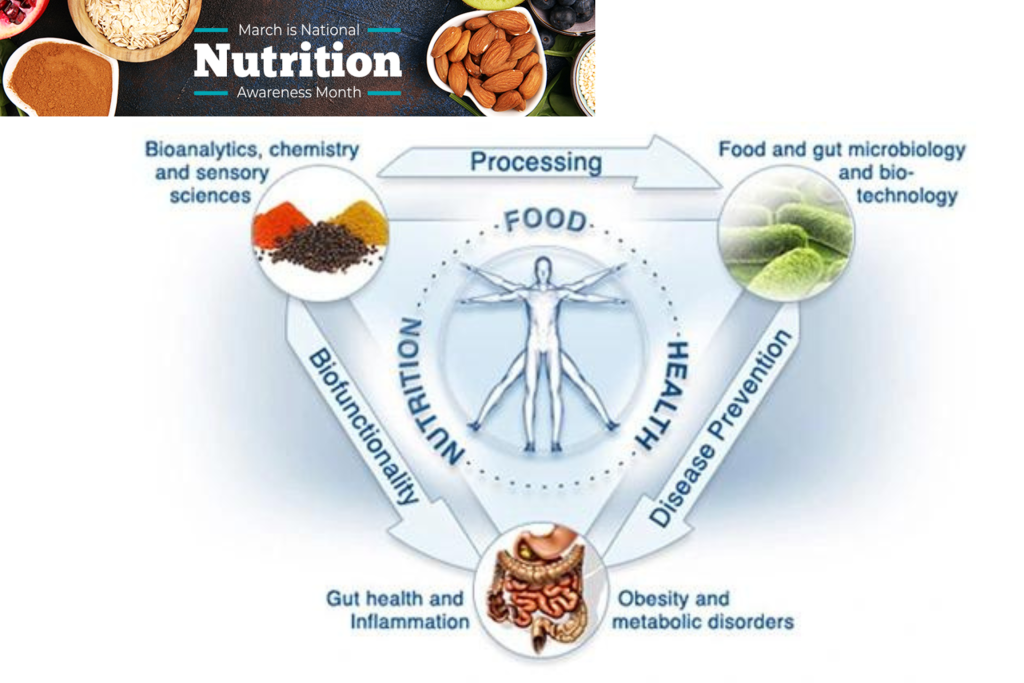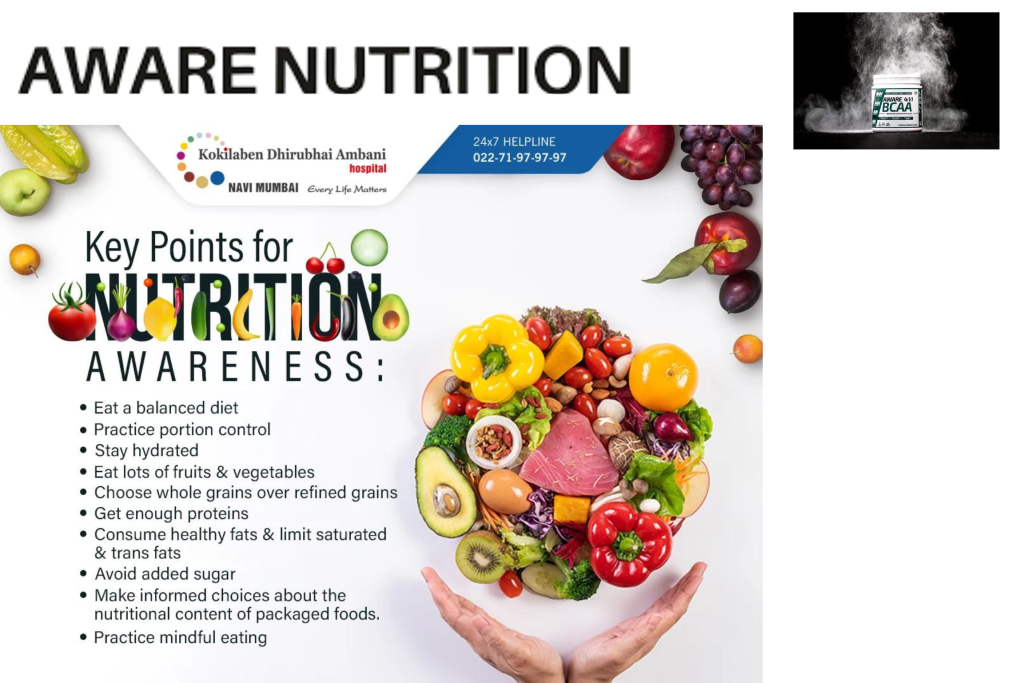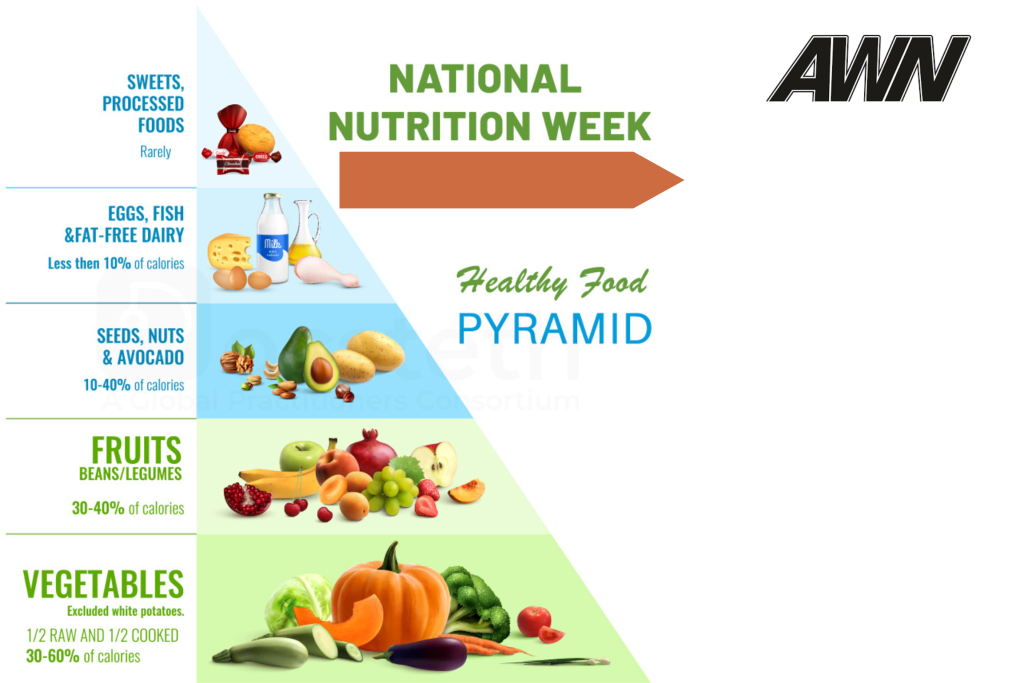
In our modern world filled with conflicting dietary advice and ever-changing trends, the concept of aware nutrition stands out as a beacon of clarity and balance. Aware nutrition goes beyond simply choosing what to eat—it encompasses a holistic approach to nourishing both body and mind, fostering a deeper connection with our food and its impact on our overall well-being. In this comprehensive guide, we will delve into the principles of aware nutrition, explore its benefits, and provide practical tips for incorporating it into your lifestyle.
Understanding Aware Nutrition
At its core, aware nutrition is about cultivating mindfulness and awareness around our food choices, eating habits, and the effects they have on our health and the environment. It involves tuning into our body’s signals, honoring its innate wisdom, and making conscious decisions that support optimal health and vitality.
Implementing Aware Nutrition in Daily Life
Adopting aware nutrition doesn’t require drastic changes overnight. It’s about making small, sustainable shifts in your eating habits.
Start with Whole Foods
Whole foods, such as fruits, vegetables, whole grains, and lean proteins, are the cornerstone of aware nutrition. They provide essential nutrients and minimize the intake of processed ingredients.
Plan and Prepare
Planning meals ahead of time and preparing them at home can significantly increase the quality of your diet. It allows you to control ingredients, portions, and cooking methods,aligningwiththeprinciplesofawarenutrition.EducateYourselfKnowledgeispwr. Understanding the nutritional value of different foods enables you to make informed choices. Reading labels, researching, and even taking courses on nutrition can empower your dietary decisions.
The Environmental Aspect of Aware Nutrition
Aware nutrition also considers the environmental impact of food production. Choosing locally sourced, organic produce and reducing meat consumption can lower your carbon footprint and support sustainable practices.
Support Local Farmers
Buying from local farmers not only provides you with fresher ingredients but also boosts the local economy and reduces transportation emissions.
Consider Plant-Based Options
Incorporating more plant-based meals into your diet can benefit both your health and the planet. Plants require fewer resources to grow, making them a more sustainable choice.

Key Principles of Aware Nutrition
Mindful Eating: Aware nutrition begins with mindful eating—a practice that encourages us to slow down, savor each bite, and fully engage our senses during meals. By paying attention to the taste, texture, and aroma of our food, we can deepen our appreciation for the nourishment it provides and develop a greater understanding of our body’s hunger and satiety cues.
Whole, Plant-Based Foods: Aware nutrition emphasizes the importance of consuming a predominantly plant-based diet rich in whole, minimally processed foods. Fruits, vegetables, legumes, whole grains, nuts, and seeds are packed with essential nutrients, fiber, and antioxidants that support overall health and longevity.
Sustainable and Ethical Choices: Aware nutrition extends beyond our own health to encompass the health of the planet and all its inhabitants. It encourages us to consider the environmental and ethical implications of our food choices, opting for sustainable, locally sourced, and ethically produced ingredients whenever possible.
Intuitive Eating: Rather than adhering to strict rules or diets, aware nutrition encourages intuitive eating—an approach that empowers us to trust our body’s innate wisdom and eat in response to physical hunger and fullness cues. By reconnecting with our body’s natural signals, we can develop a healthier relationship with food and break free from the cycle of restrictive eating patterns.
Cultivating Gratitude: Aware nutrition invites us to cultivate gratitude for the abundance of nourishing foods available to us and the hands that help bring them to our table. By expressing gratitude for the food we eat and the interconnected web of life that sustains us, we can foster a deeper appreciation for the gifts of nature and the nourishment it provides.
Benefits of Aware Nutrition
improved Digestion and Nutrient Absorption: Mindful eating practices can enhance digestion and nutrient absorption by promoting relaxation, reducing stress-related digestive issues, and allowing the body to fully assimilate the nutrients present in our food.
Enhanced Energy and Vitality: A diet rich in whole, plant-based foods provides the essential nutrients and energy our body needs to thrive. By nourishing ourselves with nutrient-dense foods, we can experience sustained energy levels, mental clarity, and overall vitality.
Better Weight Management: Intuitive eating and mindful eating practices can help promote a healthy weight by encouraging us to eat in response to hunger and fullness cues, rather than external cues such as emotions or societal pressure.
Reduced Risk of Chronic Disease: A plant-based diet high in fruits, vegetables, and whole grains has been associated with a reduced risk of chronic diseases such as heart disease, diabetes, and certain types of cancer. By prioritizing these foods in our diet, we can support long-term health and well-being.
Greater Connection with Food and Nature: Aware nutrition fosters a deeper connection with our food and its origins, as well as a greater appreciation for the natural world. By choosing foods that align with our values and support environmental sustainability, we can become more mindful consumers and stewards of the earth.

Practical Tips for Incorporating Aware Nutrition into Your Lifestyle
Practice Mindful Eating: Set aside dedicated time for meals, eliminate distractions, and savor each bite mindfully. Pay attention to the flavors, textures, and sensations of the food, and notice how it makes you feel physically and emotionally.
Prioritize Whole, Plant-Based Foods: Fill your plate with a colorful array of fruits, vegetables, legumes, whole grains, nuts, and seeds. Aim to include a variety of plant-based foods in your diet to ensure you’re getting a wide range of nutrients and phytonutrients.
Support Local and Sustainable Agriculture: Seek out locally grown, organic produce whenever possible, and support farmers and producers who prioritize sustainable and regenerative agricultural practices.
Listen to Your Body: Tune into your body’s hunger and fullness cues, and eat in response to physical hunger rather than emotional or external triggers. Honor your body’s signals and trust its innate wisdom to guide you in making nourishing food choices.
Cultivate Gratitude: Take a moment before each meal to express gratitude for the food you’re about to eat, as well as the people, plants, and animals that contributed to its journey from farm to table. Pause to appreciate the abundance and interconnectedness of life.
Aware nutrition offers a holistic approach to nourishing body, mind, and spirit, emphasizing mindfulness, sustainability, and gratitude in our relationship with food. By embracing the principles of aware nutrition and incorporating mindful eating practices into our daily lives, we can enhance our health, vitality, and connection with the world around us. Whether you’re seeking to improve your digestion, boost your energy levels, or simply cultivate a deeper appreciation for the food you eat, aware nutrition offers a path to greater well-being and fulfillment.



